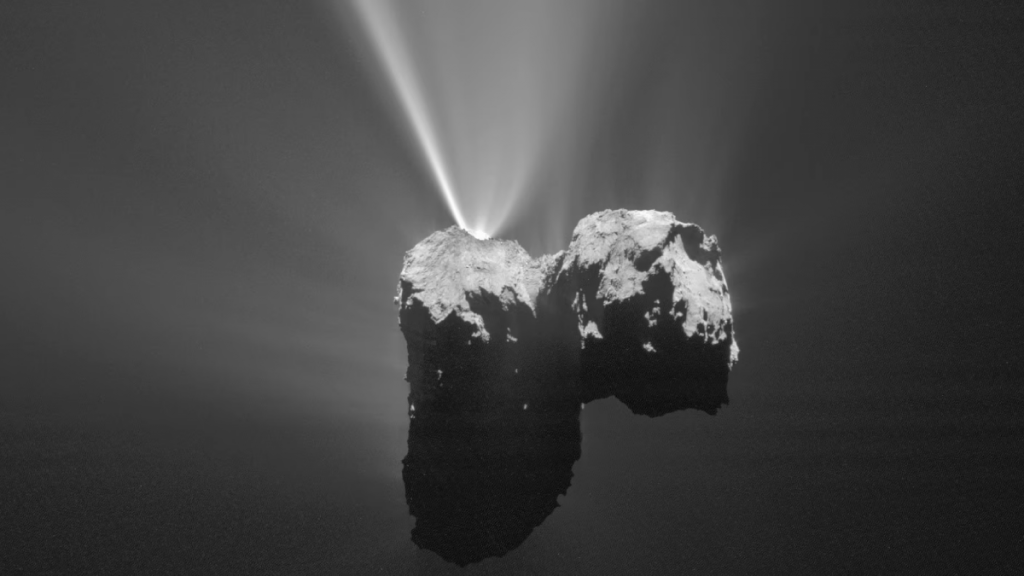Anthropocene: the geological epoch created by humans
In February 2000, during the International Geosphere and Biosphere Program in Mexico, Paul Crutzen, one of the world's most cited scientists and Nobel laureate, proposed a new term that would soon spread around the world: the Anthropocene. This new geological era represents a planet Earth transformed by the effects of industrial humanity.
The birth of the Anthropocene
A revolutionary idea
When Crutzen first talked about the Anthropocene, the concept was still new. He supported his idea by citing several planetary symptoms: widespread deforestation, the proliferation of dams along the world's major rivers, overfishing, excessive nitrogen cycling due to fertilizer use, and the rapid increase in greenhouse gases.
Climate change
Climate change at that time seemed like the problem of the future. Average global temperatures have risen by about half a degree since the mid-20th century, but have remained within the normal range for the interglacial phase of the ice ages. However, just over two decades later, the future has come and climate has become a central issue of the Anthropocene.
Consequences of the Anthropocene
Unprecedented rise in temperatures
By 2022, global temperatures have risen by another half a degree, with the past nine years recording the highest temperatures since records began. 2023 saw climate records not only broken, but literally crushed.
Causes of high temperature
Global warming is due in part to the continuing increase in greenhouse gases, as fossil fuels continue to dominate human energy use. When Crutzen spoke in Mexico, carbon dioxide levels in the atmosphere were about 370 parts per million, already higher than the 280 parts per million before the Industrial Revolution. We are now at about 420 ppm, an increase of about 2 ppm per year.
Earth's climate future
This recent increase in temperatures has already brought the Earth to levels of climate temperature not seen in about 120,000 years, similar to those of the last interglacial phase, and slightly warmer than today. There is more warming to come in the coming centuries as different climate feedbacks emerge.
future prospects
A recent study on the effects of this global warming on Antarctica suggests that “policymakers should prepare for sea level rise of several meters over the next few centuries.” This remains true even under the most optimistic scenario, where carbon dioxide emissions are reduced rapidly. However, emissions continue to rise, exacerbating the climate impact.
The Anthropocene represents an era in which humanity has profoundly and irreversibly changed the planet, similar to some major climate change events in Earth's deep history. For future generations, there is a lot at stake, and the need for immediate and concrete action to mitigate the effects of climate change is more urgent than ever.

“Internet trailblazer. Travelaholic. Passionate social media evangelist. Tv advocate.”







More Stories
Watch a real video of the comet's surface
Moon and Earth photographed from 1.5 million kilometers away: Watch NASA's stunning video
What is the ideal daily amount of carbohydrates? Know the recommended intake